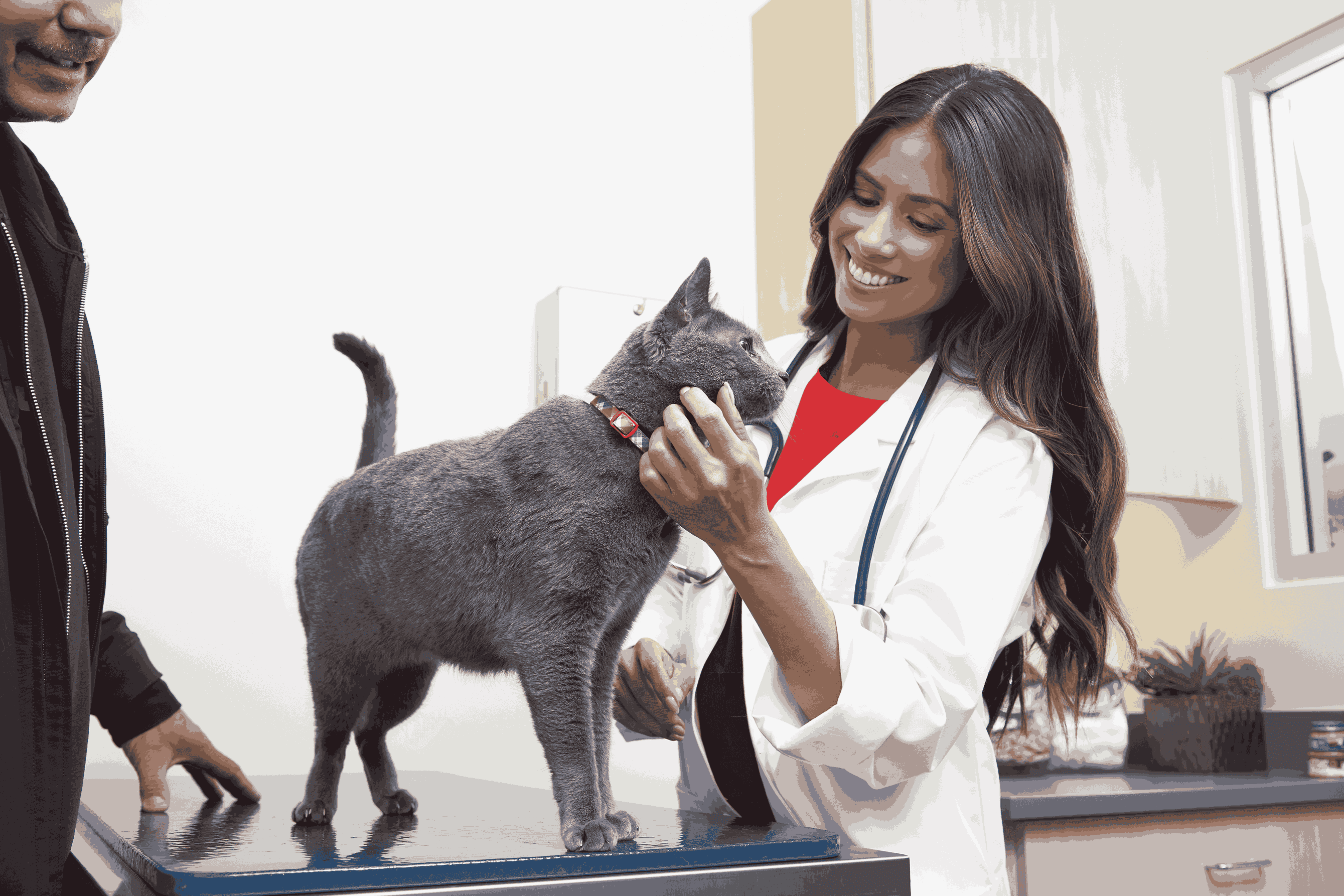Imperforate Anus
Atresia ani

SUMMARY OF CONTENT
SEVERITY:
-
 Requires a veterinarian to diagnose the severity and type
Requires a veterinarian to diagnose the severity and type -
 Resolves with surgery, fatal if not corrected
Resolves with surgery, fatal if not corrected -
 Treatable by surgery
Treatable by surgery -
 No known prevention. Affected animals should not be bred.
No known prevention. Affected animals should not be bred. -
 Not contagious between animals or from animals to people
Not contagious between animals or from animals to people -
 Diagnosis requires a physical exam and may also need radiographs
Diagnosis requires a physical exam and may also need radiographs
VERY COMMON IN
Symptoms & Signs
Imperforate anus is a rare congenital condition of puppies and kittens in which the anal opening does not develop. Imperforate anus is the most common type of atresia ani (the congenital malformation resulting in the lack of a patent anus). Imperforate anus occurs more often in puppies than in kittens. The most common signs of an imperforate anus are the inability to defecate and the lack of an anal opening. There may be a bulge in the skin where the anal opening should be located. Other congenital malformations may also be seen in animals with imperforate anus.
Diagnosis
Imperforate anus is usually diagnosed by physical examination. Further diagnostics such as radiographs may be performed to determine if the gastrointestinal and reproductive systems formed correctly.
Causation
During fetal development, the anal membrane fails to perforate and form the anal opening.
Treatments
AT-HOME CARE
SUPPORTIVE CARE
MEDICATIONS
DEVICES
SURGERY
SPECIALISTS
Cost Of Treatment
Exam and diagnosis (sedation, radiographs, contrast media, etc.) may cost $200 to $400. Surgery may cost between $2000 and $3000 or more.
Recovery
Post-operative recovery may take 2-4 weeks.
Monitoring
All newly born puppies and kittens should be monitored for normal defecation, straining to defecate, constipation, and fecal incontinence. After surgery, they should be closely monitored for post-operative infections.
Prevention
Imperforate anus cannot be prevented. Affected animals should not be bred.
Disclaimer
The information contained on this page is for educational purposes only. Treatment should only be provided under the advice of a veterinarian who has examined your pet under the laws applicable to your state of residence.
Questions about Imperforate Anus

Two Easy Ways to Start Earning Rewards!
Become a member today!Members-only pricing and offers, personalized care notifications, Vital Care points back on every purchase and more!Become a credit card member today!
Earn 2X Pals Rewards points at Petco
when you use Petco Pay!APPLY NOWLearn More About Petco Pay Benefits






